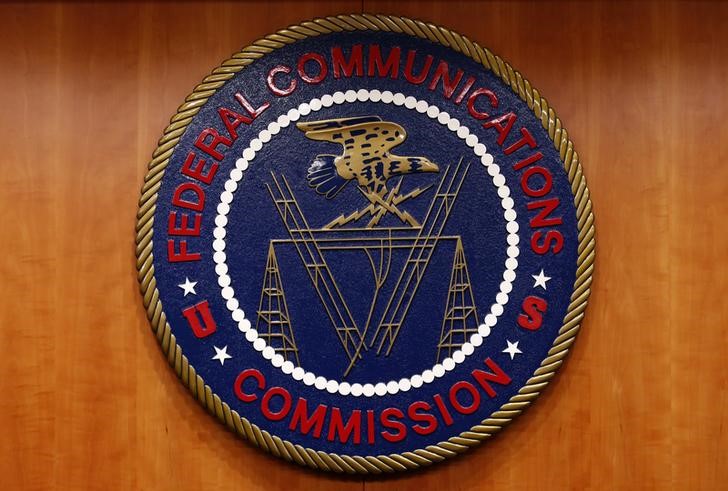By David Shepardson
WASHINGTON (Reuters) - The Federal Communications Commission (FCC) on Tuesday urged seven gateway service voice providers to assist in tracking down the originators of illegal foreign robocalls.
Such calls often use "caller ID spoofing" to hide their origin by showing a phone number different from the one where the call was placed, and often purport to be a government number to defraud consumers.
The FCC sent letters to All Access Telecom Inc, Globex Telecom, Piratel LLC, Talkie Communications Inc, Telcast Networks LLC, ThinQ Inc, and Third Base International Telecom LLC.
The letters made public by the FCC Tuesday said tracebacks of calls by the FCC and an industry group found the providers were being "used as a gateway into the United States for many apparently illegal robocalls."
The FCC letters said the providers "as the point of entry for this traffic into the U.S. telephone network (are) uniquely situated to assist government and industry efforts to combat apparently illegal robocalls."
The FCC asked the companies to take measures to prevent the calls and to respond to questions by Feb. 17.
On Jan. 28, FCC Chairman Ajit Pai circulated proposed new rules that would establish a registration process for selecting a consortium to conduct private-led efforts to trace back the origin of suspected unlawful robocalls.
Last week, the U.S. Justice Department sued five U.S. companies and three individuals, alleging they were behind hundreds of millions of fraudulent robocalls that scammed elderly Americans and others into "massive financial losses."
The U.S. Justice Department lawsuits said most of the calls originated in India and used voice over internet protocol (VoIP) carriers, which use internet connections instead of traditional copper phone lines.
The companies named in the lawsuits include Tollfreedeals.com, Global Voicecom Inc, Global Telecommunication Services Inc and KAT Telecom Inc. The Justice Department said the robocalls led to "massive financial losses to elderly and vulnerable victims across the nation."
In 2019, the Federal Trade Commission received nearly 400,000 complaints alleging fraud claims of $152.9 million, which the Justice Department said "substantially underestimates the extent" of robocall fraud because many do not report losses.
Last week, the FTC sent letters to 19 VoIP providers warning that assisting and facilitating illegal telemarketing robocalling is against the law. The FTC did not name the providers.
